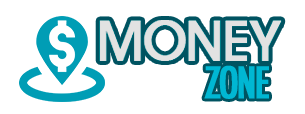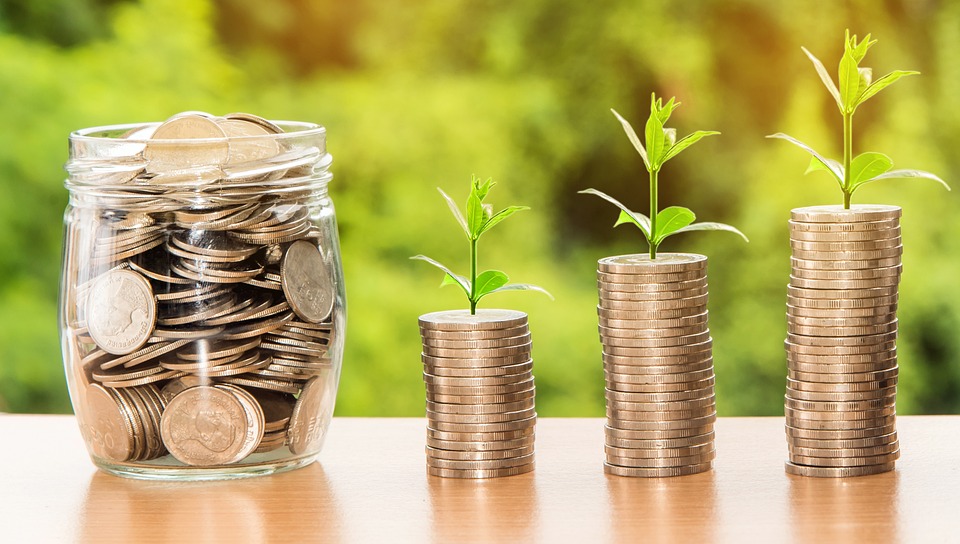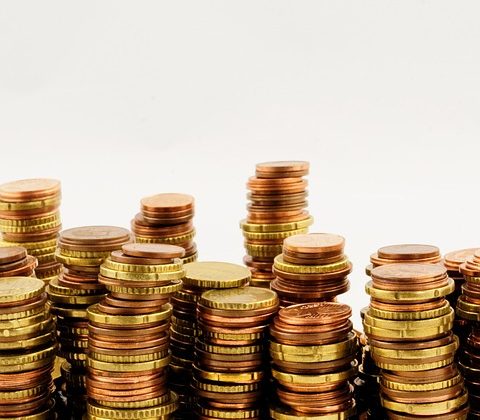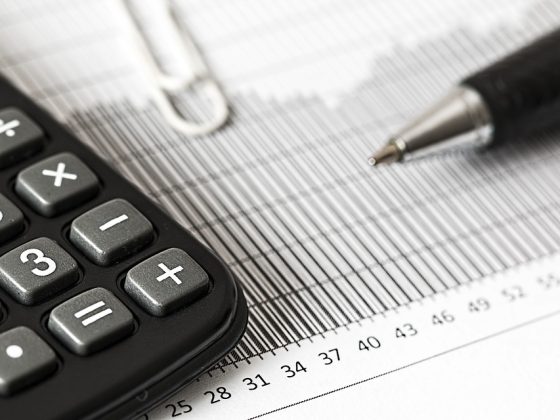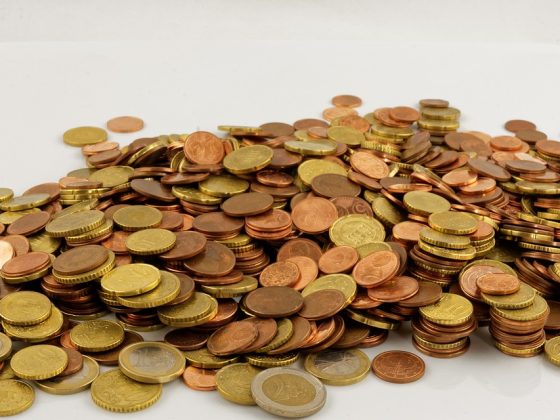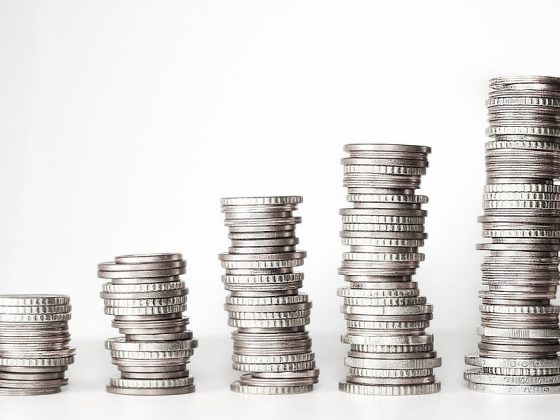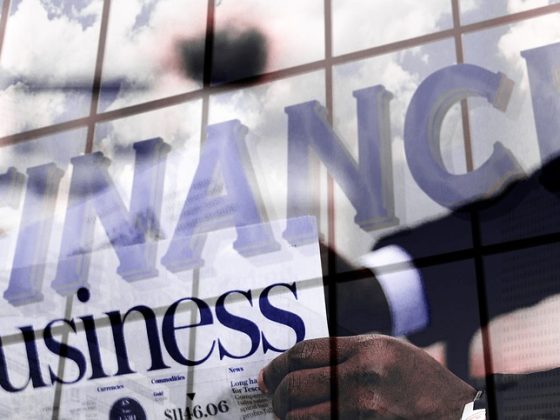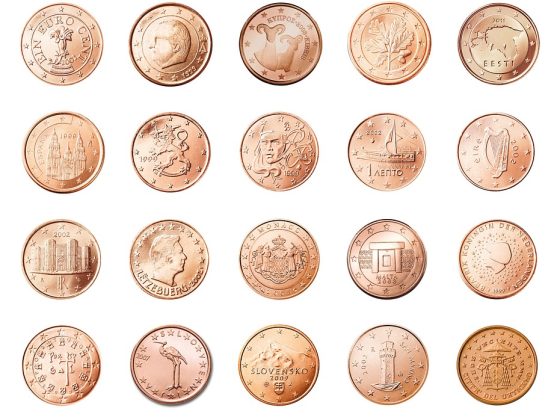On March 15, 2022, the Federal Reserve announced that it will raise interest rates by 0.25%, marking the first rate hike since 2018. This move comes as the Fed aims to curb inflation and keep the economy in check amidst rising prices and robust economic growth. While the rate hike may signal a healthier economy, it also has implications for borrowers and savers alike.
Impact on Borrowers
For borrowers, the Federal Reserve's decision to raise interest rates means that borrowing money will become more expensive. This is because when the Fed raises interest rates, banks and lending institutions also increase the rates they charge on loans, including mortgages, credit cards, and personal loans.
Mortgage Rates: One of the most significant impacts of the rate hike is on mortgage rates. As the Fed raises interest rates, mortgage rates are expected to follow suit, making it more expensive for homebuyers to finance their purchases. This could result in decreased affordability and potentially slow down the housing market.
Credit Card Rates: Credit card holders may also feel the effects of the rate hike as credit card companies raise interest rates on existing balances. This could result in higher monthly payments for cardholders who carry a balance from month to month.
Auto Loans: Auto loans are also likely to see an increase in interest rates following the Fed's decision. This means that car buyers may face higher monthly payments when financing a new vehicle.
Impact on Savers
While borrowers may feel the pinch of higher interest rates, savers stand to benefit from the Fed's decision. When the Fed raises interest rates, banks and financial institutions increase the rates they offer on savings accounts, CDs, and other deposit accounts.
Savings Accounts: With higher interest rates, savers can earn more on their savings accounts. This can help savers grow their money faster and offset the effects of inflation.
CDs: Certificate of Deposits (CDs) are also likely to see higher interest rates in response to the Fed's decision. Savers who lock in their money in a CD can earn a fixed rate of return over a set period, providing a guaranteed return on their investment.
Money Market Accounts: Money market accounts are another savings vehicle that may see higher interest rates following the Fed's decision. These accounts typically offer higher interest rates compared to traditional savings accounts, making them a more attractive option for savers.
FAQs
1. How will the rate hike affect my mortgage?
The rate hike is expected to lead to higher mortgage rates, which could make it more expensive for homebuyers to finance their purchases. If you have a variable rate mortgage, your monthly payments may increase as a result of the rate hike. However, if you have a fixed-rate mortgage, your rate will remain the same for the duration of your loan.
2. Will my credit card interest rates go up?
Credit card holders may see an increase in interest rates on existing balances following the rate hike. This could result in higher monthly payments for cardholders who carry a balance from month to month. If you pay off your credit card balance in full each month, you may not see a direct impact from the rate hike.
3. How can I take advantage of higher interest rates as a saver?
As a saver, you can take advantage of higher interest rates by shopping around for the best rates on savings accounts, CDs, and money market accounts. Look for accounts that offer competitive rates and consider locking in your money in a CD to earn a guaranteed rate of return over a set period.
In conclusion, the Federal Reserve's decision to raise interest rates will have a mixed impact on borrowers and savers. While borrowers may face higher interest rates on loans, savers can benefit from higher rates on savings accounts and other deposit accounts. It's important for consumers to be aware of these changes and adjust their financial strategies accordingly.
